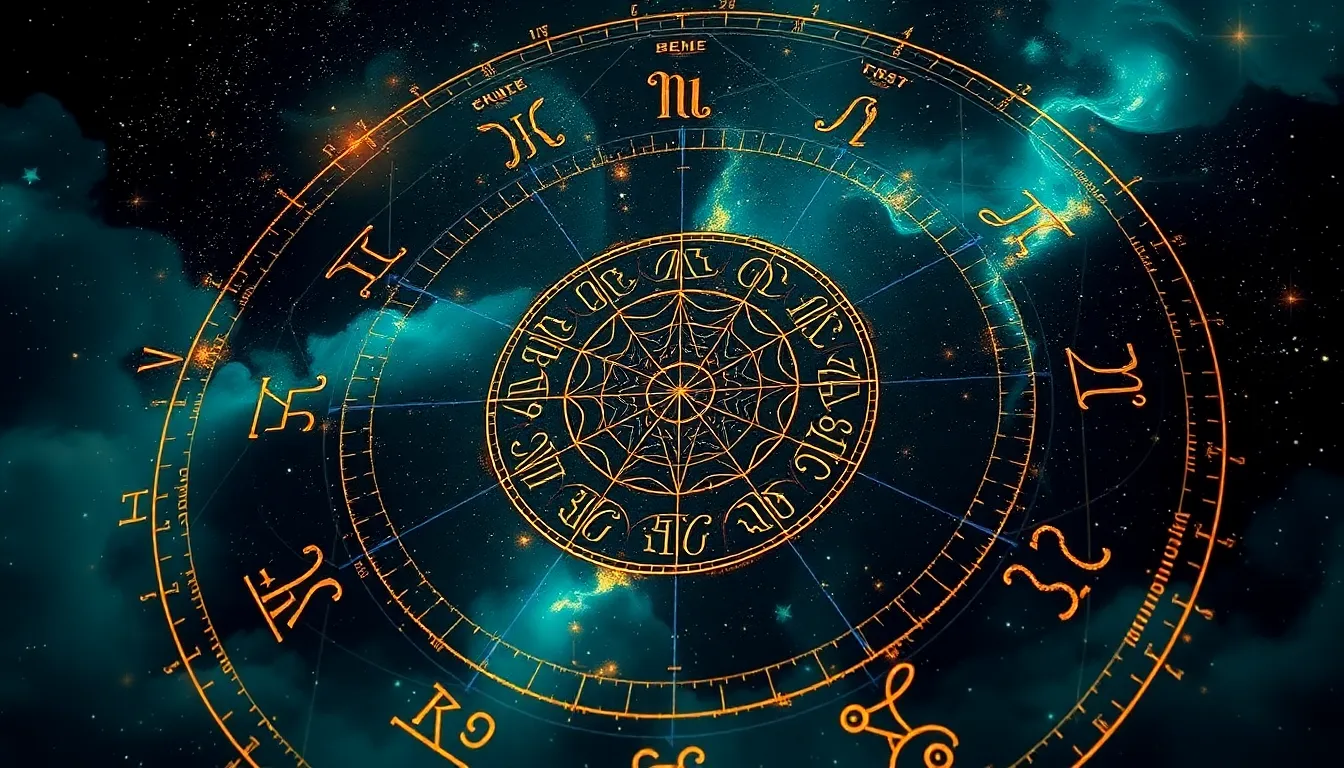The Prophetic Powers of Astrology: Can They Really Predict Our Fate?
1. Introduction to Astrology
Astrology is the study of the movements and relative positions of celestial bodies interpreted as having an influence on human affairs and the natural world. It is an ancient practice that has been part of human culture for thousands of years, providing insights into personality, relationships, and life events based on the positions of stars and planets at the time of one’s birth.
Historically, astrology has played significant roles in various cultures, from the Babylonians and Egyptians to the Greeks and Romans, each contributing to its development and interpretation. In contemporary society, there has been a notable resurgence of interest in astrology, particularly among younger generations who seek personal insight and guidance through horoscopes and astrological readings.
2. The Foundations of Astrological Practice
At the core of astrology are the zodiac signs, which are twelve segments of the celestial sphere that correspond to different personality traits and characteristics. Each sign is associated with specific dates, ruling planets, and elemental qualities:
- Aries: March 21 – April 19 (Fire)
- Taurus: April 20 – May 20 (Earth)
- Gemini: May 21 – June 20 (Air)
- Cancer: June 21 – July 22 (Water)
- Leo: July 23 – August 22 (Fire)
- Virgo: August 23 – September 22 (Earth)
- Libra: September 23 – October 22 (Air)
- Scorpio: October 23 – November 21 (Water)
- Sagittarius: November 22 – December 21 (Fire)
- Capricorn: December 22 – January 19 (Earth)
- Aquarius: January 20 – February 18 (Air)
- Pisces: February 19 – March 20 (Water)
Astrological charts, or natal charts, are constructed based on the exact time, date, and location of an individual’s birth. These charts display the positions of the planets and the twelve houses, each representing different areas of life, such as relationships, career, and personal growth.
3. Understanding Predictions in Astrology
Astrology often distinguishes between prediction and guidance. While some practitioners claim that astrology can predict specific events, others emphasize its role in providing insights and guidance for personal development and decision-making.
There are various types of predictions in astrology, including:
- Natal charts: These provide insights based on the positions of celestial bodies at the moment of birth.
- Transits: These reflect current planetary movements and their influence on an individual’s natal chart.
- Progressions: These involve the advancement of a natal chart over time, showing potential developments in a person’s life.
The methodology of astrological forecasting relies on interpreting the relationships between celestial bodies, their movements, and how they correspond to various life events.
4. Case Studies: Astrology in Action
Throughout history, many notable figures have utilized astrology in their decision-making processes. For example, several Roman emperors consulted astrologers before making significant political decisions.
Anecdotal evidence from individuals often highlights instances where astrology has provided accurate predictions or guidance. Many report transformative experiences after following astrological advice regarding career changes or relationship choices.
However, astrology is not without its failures. There are numerous instances where predictions have missed the mark, leading critics to question its reliability. Analyzing both successful and failed predictions helps to provide a balanced view of astrology’s capabilities.
5. The Science Behind Astrology: Fact or Fiction?
Scientific skepticism towards astrology has been prevalent, with many researchers arguing that there is no empirical evidence supporting its predictive capabilities. Critics often cite the lack of controlled studies that demonstrate astrology’s effectiveness beyond chance.
Psychological explanations for belief in astrology include confirmation bias, where individuals focus on information that supports their beliefs while disregarding contradictory evidence. This can lead to a perception that astrological predictions are more accurate than they may be.
Recent studies have explored astrology’s predictive capabilities, often concluding that while astrology may provide insights, its scientific validity remains unproven.
6. Astrology’s Role in Personal Decision-Making
Many individuals incorporate astrology into their daily lives, using it as a tool for reflection and guidance. From checking daily horoscopes to consulting with professional astrologers, astrology can influence decisions related to:
- Career paths
- Relationship choices
- Personal growth and development
However, ethical considerations arise when using astrology for major life decisions. It is crucial for individuals to balance astrological advice with critical thinking and personal judgment.
7. Cultural Variations in Astrological Practices
Astrology varies significantly across cultures. Western astrology, based on the tropical zodiac, contrasts with Vedic astrology, which uses the sidereal zodiac and places emphasis on lunar positions.
Chinese astrology also presents unique features, such as a twelve-year cycle represented by animals, with each year influencing personality traits and fortunes.
Different cultures interpret astrological predictions in varied ways, reflecting their historical, spiritual, and social contexts.
8. The Intersection of Astrology and Spirituality
Astrology is often intertwined with spiritual beliefs, serving as a medium for understanding oneself and the universe. Many practitioners view astrology as a tool for self-reflection and personal growth, helping individuals navigate life’s challenges.
The debate between determinism and free will in astrology remains a significant topic. While some believe that astrological influences dictate fate, others argue that individuals have the power to shape their destinies.
9. Modern Tools and Resources for Astrological Learning
In the digital age, numerous apps and software provide personalized astrological insights, making astrology more accessible than ever. Popular platforms include:
- Co–Star
- The Pattern
- AstroSeek
For those interested in delving deeper into astrology, many books and online courses are available, offering foundational knowledge and advanced techniques. Community resources, such as astrological societies and online forums, allow for shared learning and discussions among enthusiasts.
10. Conclusion: The Future of Astrology in Predicting Fate
Astrology continues to evolve, maintaining its relevance in modern society as a source of guidance and self-discovery. The ongoing dialogue between skeptics and believers reflects the complexities of human belief systems and the search for meaning.
Ultimately, the potential of astrology to inform our understanding of fate and destiny lies in its ability to provide insights while encouraging individuals to take an active role in their lives. Whether viewed as a science, an art, or a spiritual practice, astrology remains a fascinating exploration of the connection between the cosmos and human experience.


